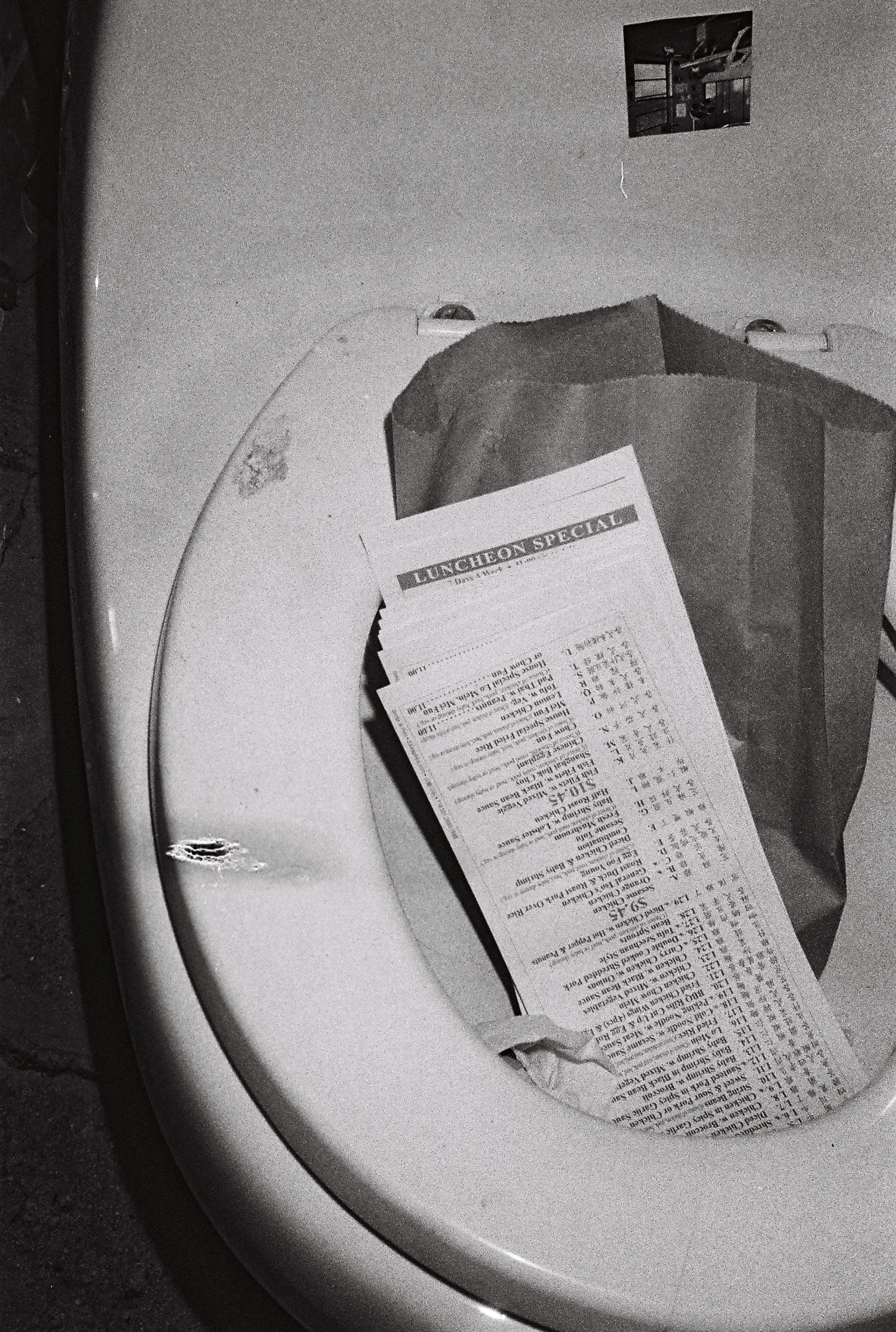
In the annals of human progress, consumption has long been revered as the cornerstone of prosperity, an emblem of societal advancement. Yet, concealed behind the veneer of abundance lies a harrowing truth: the insatiable appetite for consumption is exacting an irreversible toll on our planet.
The perils of our consumptive habits extend far beyond the depletion of resources; they inflict grievous wounds upon the very ecosystems that sustain life. From the extraction of raw materials to the deluge of waste inundating landfills and oceans, our heedless consumption knells a dirge for biodiversity, exacerbates climate change, and scars the planet irreparably.
At the heart of this predicament lies the paradox of plenty. The proliferation of disposable commodities, the culture of planned obsolescence, and the lure of perpetual novelty have ushered in an era of excessive waste. Landfills burgeon with discarded remnants of our consumption spree, while vast swathes of once-pristine habitats succumb to deforestation and pollution.
The repercussions of this voracious consumption echo ominously across the environmental spectrum. Climate change, propelled by unchecked consumption and the resultant greenhouse gas emissions, engenders cataclysmic disruptions. Rising temperatures, erratic weather patterns, and melting glaciers stand as testaments to the wanton disregard for the delicate equilibrium of our planet's ecosystems.
Moreover, the social ramifications of rampant consumption are equally dire. The chasm of inequality widens as the pursuit of material wealth eclipses the imperative of equitable distribution. Communities reliant on dwindling resources bear the brunt of environmental degradation, exacerbating socio-economic disparities and fueling geopolitical tensions.
As we stand at this precipice of ecological upheaval, the imperative for a paradigm shift in consumption patterns looms larger than ever. It calls for a conscientious recalibration, a departure from the ethos of excess towards mindful stewardship of resources. The onus rests not only on policymakers and industries but on every individual to reevaluate their role in this narrative.
Embracing sustainable practices, advocating for responsible production, and fostering a culture of conscious consumption form the bedrock of our collective redemption. The shift towards circular economies, where waste becomes a resource, and the promotion of renewable energy sources herald a glimmer of hope amidst the prevailing gloom.
The discourse isn’t merely about sacrifice; it's about redefining prosperity and progress in the context of a thriving planet. It beckons us to envision a future where sustainability isn’t a mere choice but an inherent facet of our existence. For in the profound interconnectedness of our world, the cost of consumption isn’t borne by a select few; it reverberates across continents, transcending boundaries and implicating every inhabitant of this fragile, irreplaceable planet.